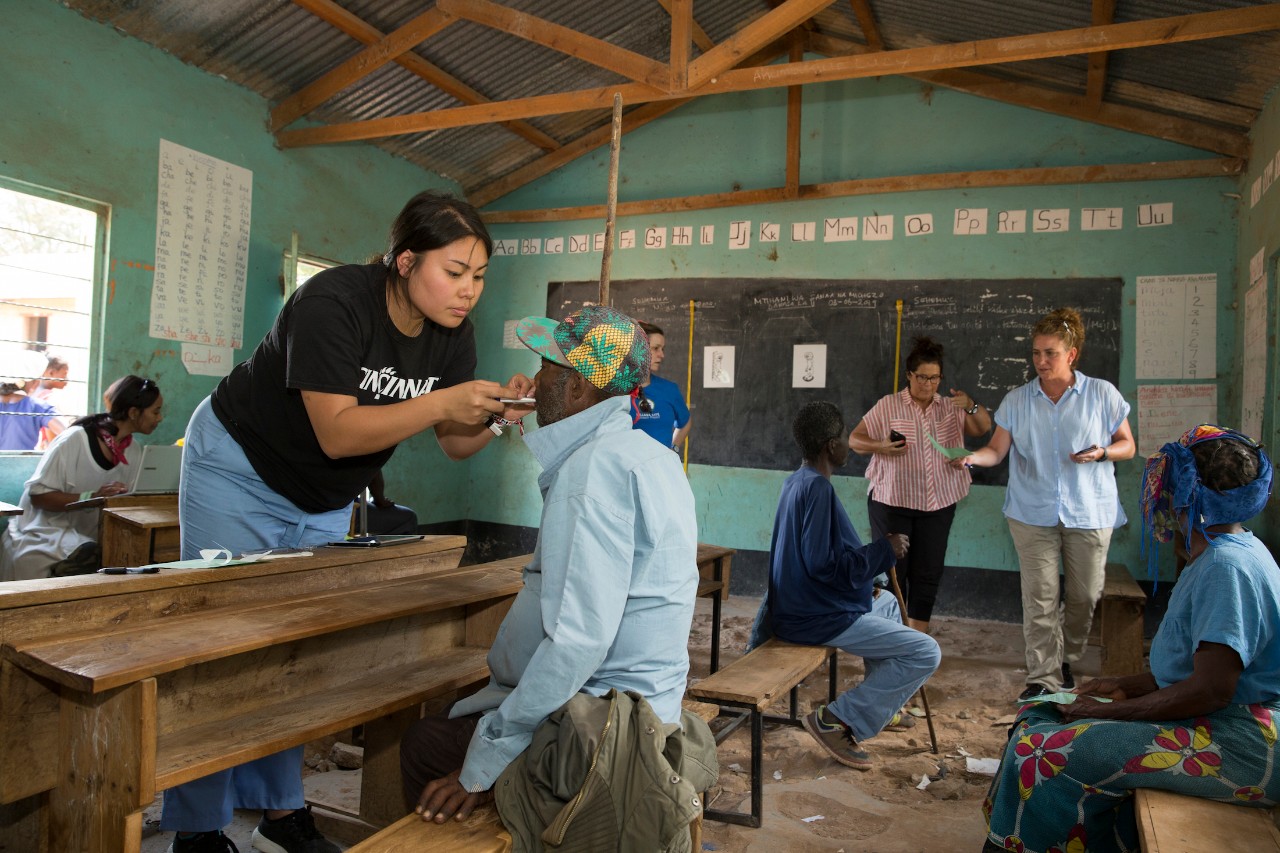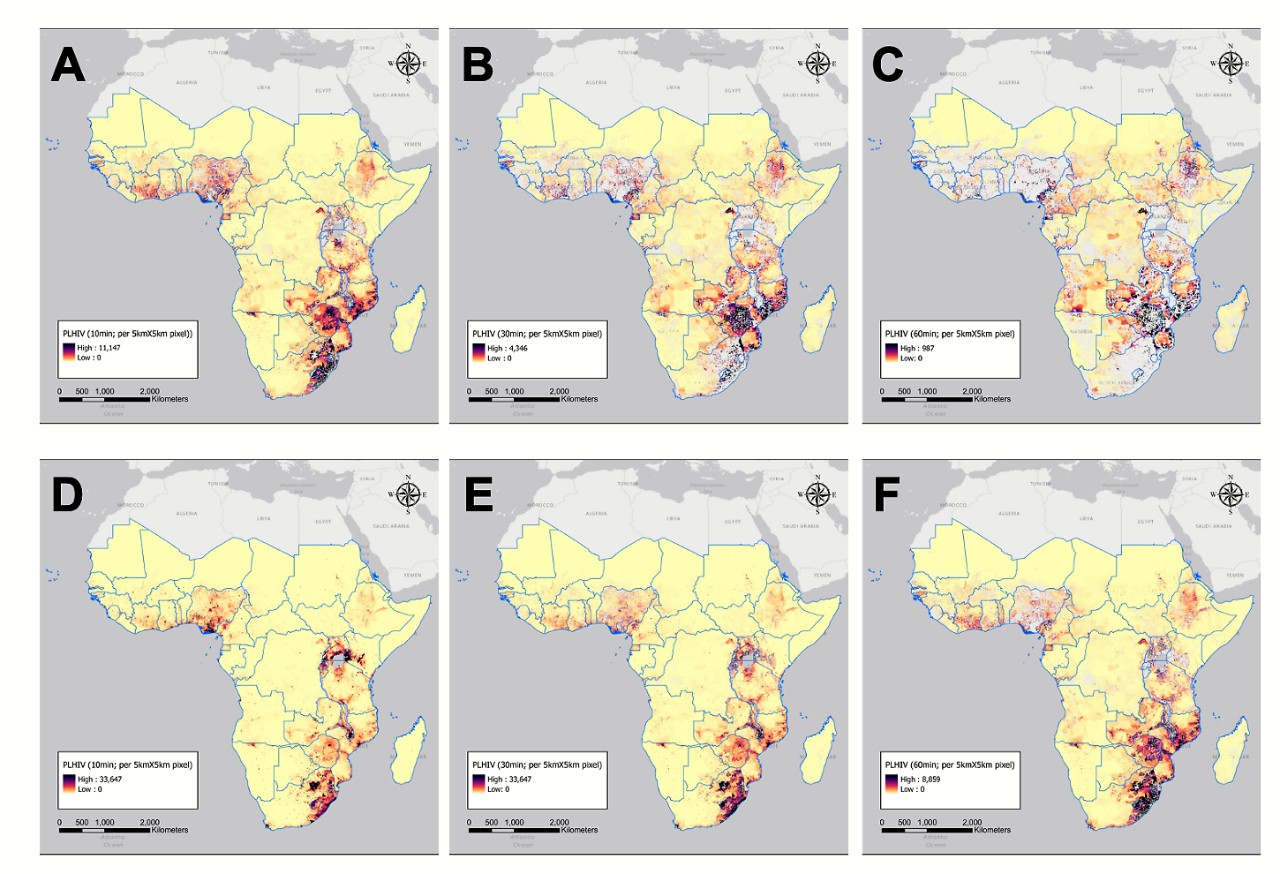
Medscape: UC study identifies geographic gaps in HIV treatment
UC's Health Geography and Disease Modeling lab highlights disparities in care in rural Africa
Can geospatial mapping fill in the gaps in areas lagging behind in global efforts to end the HIV epidemic?
It's a question Medscape asked in covering the latest study from the University of Cincinnati's Health Geography and Disease Modeling Lab.
UC doctoral student Hana Kim worked with an international team of researchers on a project to map the distance rural Africans living with HIV must travel to reach the nearest hospital or clinic for treatment.
The study published this month in the journal PLOS Global Public Health identified disparities in the availability of care across countries. People living in more than 90% of Sudan and Mauritania had to drive more than an hour for health services.
The UC study found that in 17 countries, about half of the population with HIV live in places with limited access to health care, the study found. And in Kenya, Rwanda and Burundi, almost nobody has to drive more than an hour to the nearest clinic, doctor’s office or hospital for treatment.
The study concluded that expanding health care in these underserved communities could improve not just HIV response but the response to the COVID-19 pandemic and other public health issues as well.
Featured image at top: UC College of Nursing student Sabrina Bernardo examines a patient in a makeshift health clinic set up in a schoolhouse in rural Tanzania in 2019 as part of UC's partnership with Village Life Outreach. Photo/Lisa Ventre/UC Creative + Brand

Maps of Sub-Saharan Africa show HIV-positive populations living within a 10-, 30- or 60-minute walk or drive to the nearest health care provider: A. 10-minutes by car. D. 10-minute walk. B. 30-minutes by car. E. 30-minute walk. C. 60-minute drive. F. 60-minute walk. Graphic/UC Health Geography and Disease Modeling Lab
Related Stories
A year after Niger's dramatic coup
July 26, 2024
UC School of Public and International Affairs Associate Professor Alexander Thurston tells ABC News that Mali, Niger and Burkina Faso will face difficult times in the wake of armed conflicts.
Advocates working to get ‘PICS’ named a public health crisis
July 26, 2024
Spectrum News and WVXU highlighted the research partnership of the University of Cincinnati's Rachael Nolan and community advocate Chazidy Robinson who are working to raise awareness and recognition of post-incarceration syndrome.
Some Ohio counties have multiple congressional districts
July 25, 2024
UC Professor David Niven talks to the Ohio Capital Journal about Ohio's sometimes confusing congressional districts.
